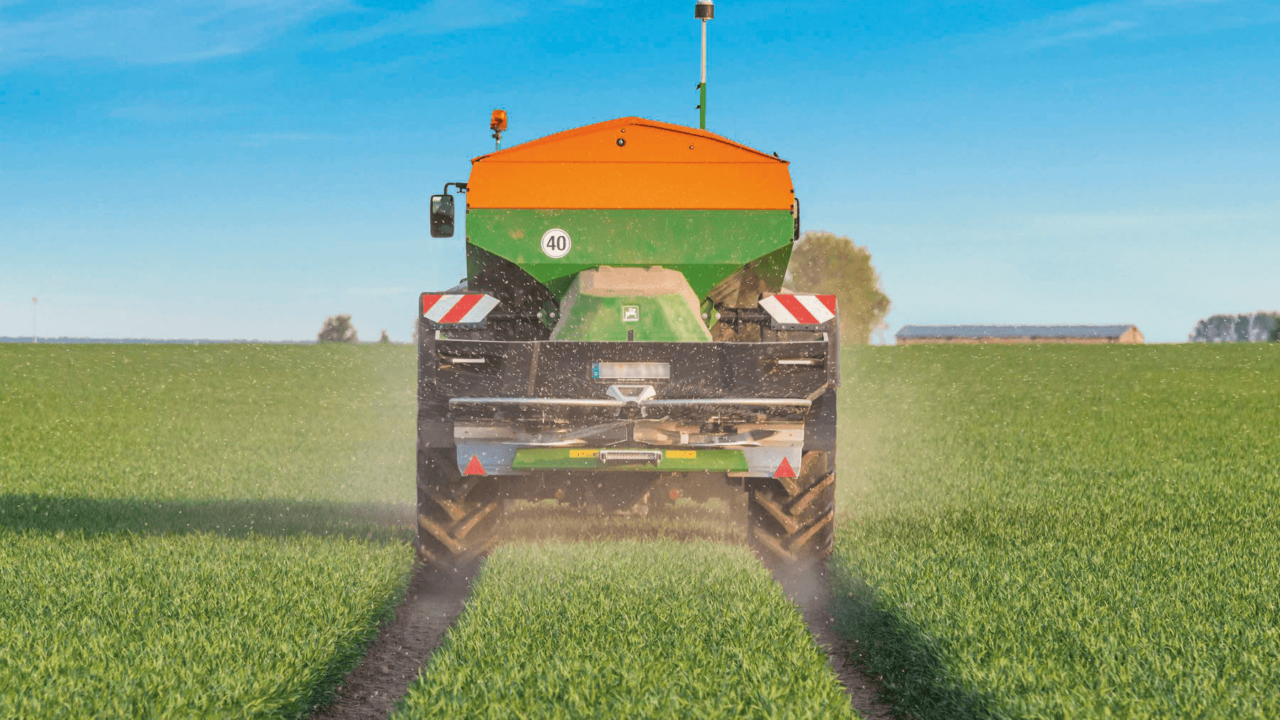The Department of Agriculture, Food and the Marine (DAFM) has confirmed that Ireland’s new National Fertiliser Database will include all nitrogen (N), phosphorous (P) and potash (K) sales.
Speaking on a recent edition of the Tillage Edge podcast, Finbarr O’Regan indicated that details of all N, P and K fertilisers coming into the country will be supplied by importers and the country’s dealership network.
“The database will also cover lime and associated products,” he stated.
“From a climate change perspective, we will also have information on the use of inhibitors. Protected urea will be the key product in this context.”
Fertiliser from NI
According to the DAFM, products coming across the border will be captured in merchants’ subsequent sales records to end users.
There is also a facility on the new database that farmers bringing fertiliser in directly from Northern Ireland can enter this on to the system as well.
“Most of the work will be carried out by retailers. Whoever is selling to farmers must upload their sales data onto the system,” O’Regan explained.
“The bulk of the work will be done at that level. There will be a facility, linked to DAFM, that will make the transition of information easier.
“When it comes to farmers and professional end users, there will be a requirement to register on their part.
“They register with the department [of agriculture]. Specifically, farmers will have to declare an opening stock, even if the figure here is zero,” he continued.
Tracking fertiliser
Regan confirmed that the new database will provide a comprehensive tracking mechanism of every unit of fertiliser brought into the country.
“This is the goal. But it won’t be achievable immediately,” O’Regan commented.
“Initially, we are looking at sales to farmers. We already have a system, whereby the importers provide DAFM with their data.
“There are also CSO [Central Statistics Office] figures. However, all of this is a bit disjointed. Longer term we want to get all of this information included within the fertiliser database,” he explained.
“And the new legislation will account for this. In the longer term all fertiliser importers will have to upload all of their relevant data. This will mean that all the relevant information will be available from the one source.”
The aim of DAFM staff is to have all of this data accessed by the end of next year.
